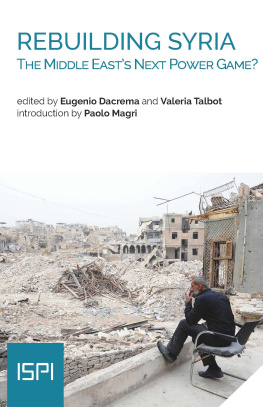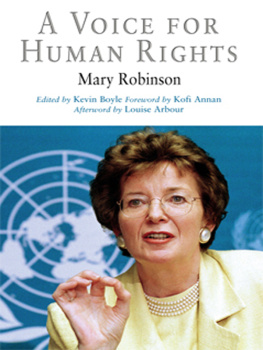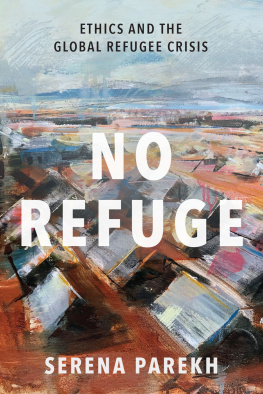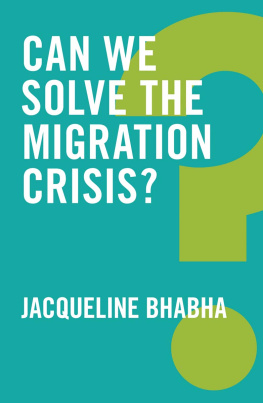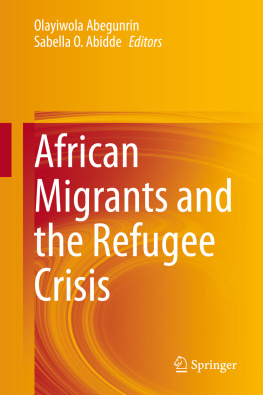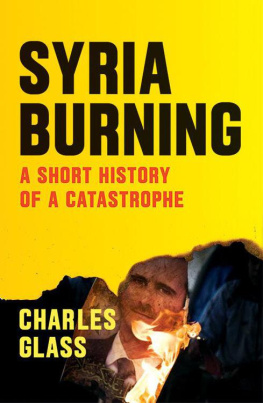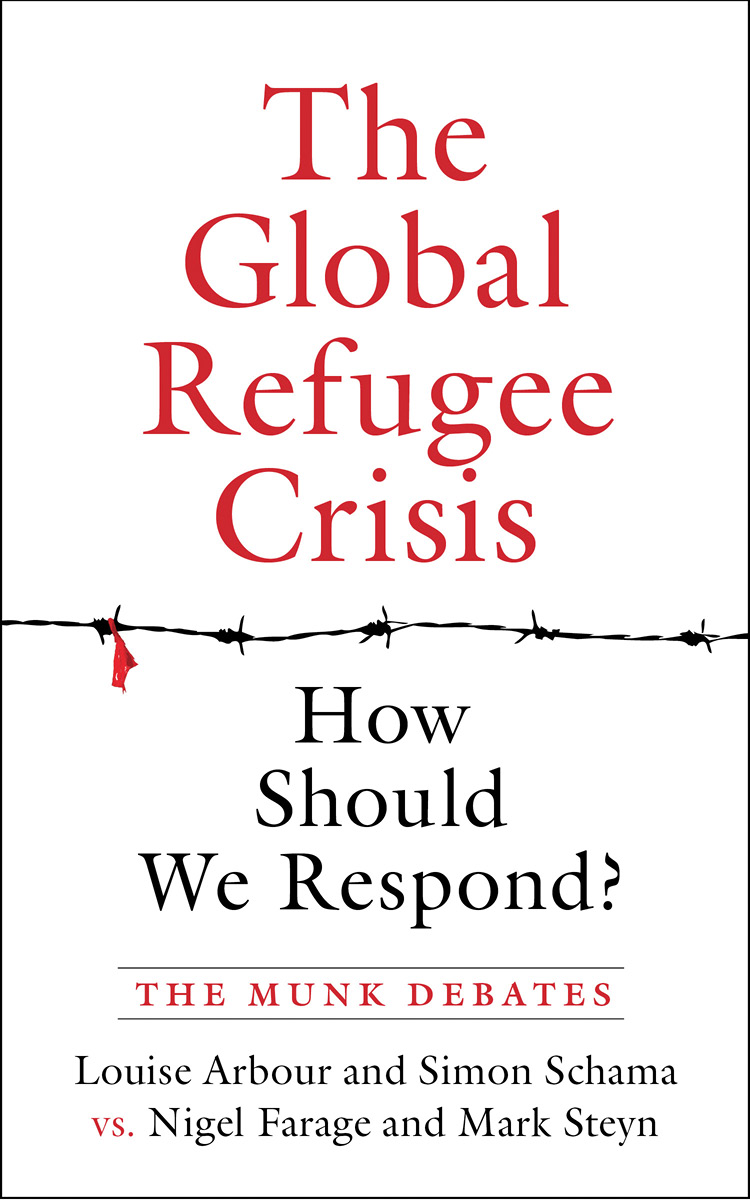A Letter from Peter Munk
Since we started the Munk Debates, my wife, Melanie, and I have been deeply gratified at how quickly they have captured the publics imagination. From the time of our first event in May 2008, we have hosted what I believe are some of the most exciting public policy debates in Canada and internationally. Global in focus, the Munk Debates have tackled a range of issues, such as humanitarian intervention, the effectiveness of foreign aid, the threat of global warming, religions impact on geopolitics, the rise of China, and the decline of Europe. These compelling topics have served as intellectual and ethical grist for some of the worlds most important thinkers and doers, from Henry Kissinger to Tony Blair, Christopher Hitchens to Paul Krugman, Peter Mandelson to Fareed Zakaria.
The issues raised at the Munk Debates have not only fostered public awareness, but they have also helped many of us become more involved and, therefore, less intimidated by the concept of globalization. It is so easy to be inward-looking. It is so easy to be xenophobic. It is so easy to be nationalistic. It is hard to go into the unknown. Globalization, for many people, is an abstract concept at best. The purpose of this debate series is to help people feel more familiar with our fast-changing world and more comfortable participating in the universal dialogue about the issues and events that will shape our collective future.
I dont need to tell you that there are many, many burning issues. Global warming, the plight of extreme poverty, genocide, or our shaky financial order: these are just a few of the critical issues that matter to people. And it seems to me, and to my foundation board members, that the quality of the public dialogue on these critical issues diminishes in direct proportion to the salience and number of these issues clamouring for our attention. By trying to highlight the most important issues at crucial moments in the global conversation, these debates not only profile the ideas and opinions of some of the worlds brightest thinkers, but they also crystallize public passion and knowledge, helping to tackle some of the challenges confronting humankind.
I have learned in life and Im sure many of you will share this view that challenges bring out the best in us. I hope youll agree that the participants in these debates challenge not only each other but also each of us to think clearly and logically about important problems facing our world.
Peter Munk
Founder, Aurea Foundation
Toronto, Ontario
The Global Refugee Crisis:
How should We Respond?
Arbour and Schama vs. Farage and Steyn
The Munk Debates
Edited by Rudyard Griffiths
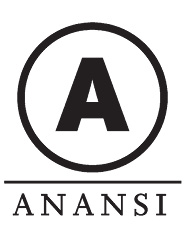
Copyright 2016 Aurea Foundation
Louise Arbour, Simon Schama, Nigel Farage, and Mark Steyn in Conversation by Rudyard Griffiths. Copyright 2016 Aurea Foundation.
All rights reserved. No part of this publication may be reproduced or transmitted in any form or by any means, electronic or mechanical, including photocopying, recording, or any information storage and retrieval system, without permission in writing from the publisher.
This edition published in 2016 by
House of Anansi Press Inc.
www.houseofanansi.com
House of Anansi Press is committed to protecting our natural environment.
As part of our efforts, the interior of this book is printed on paper that contains 100% post-consumer recycled fibres, is acid-free, and is processed chlorine-free.
20 19 18 17 16 1 2 3 4 5
Library and Archives Canada Cataloguing in Publication
The global refugee crisis : how should we respond?
/ Arbour and Schama vs. Farage and Steyn ; edited by Rudyard
Griffiths.
(The Munk debates)
Issued in print and electronic formats.
ISBN 978-1-4870-0212-1 (paperback).ISBN 978-1-4870-0213-8 (epub)
1. Refuge (Humanitarian assistance). 2. Refugees
International cooperation. 3. SyriaHistoryCivil War, 2011
Refugees. I. Arbour, Louise, 1947, panelist II. Schama, Simon,
panelist III. Griffiths, Rudyard, editor IV. Steyn, Mark, 1959,
panelist V. Farage, Nigel, 1964, panelist VI. Series: Munk debates
HV640.G56 2016 362.87 C2016-903819-X
C2016-903820-3
Library of Congress Control Number: 20169429 78
Cover design: Alysia Shewchuk
Transcription: Transcript Divas

We acknowledge for their financial support of our publishing program
the Canada Council for the Arts, the Ontario Arts Council, and the Government of Canada through the Canada Book Fund.
Contents
The Global Refugee Crisis:
How Should We Respond?
Pro: Louise Arbour and Simon Schama
Con: Nigel Farage and Mark Steyn
April 1, 2016
Toronto, Ontario
The Global Refugee Crisis:
How should We Respond?
Rudyard Griffiths: Ladies and gentlemen, welcome to the Munk Debate on the global refugee crisis. My name is Rudyard Griffiths and I have the privilege of organizing this semi-annual debate series and, once again, serving as your moderator.
I want to begin tonights proceedings by welcoming the North Americawide TV audience that is tuning in to this debate right now across Canada from coast to coast to coast on CPAC, Canadas Public Affairs Channel, and across the continental United States on C-SPAN. Its the first time the Munk Debate has been live throughout the continent of North America and its terrific to have that viewing audience joining us this evening.
A warm hello also to our online audience. Theyre logging onto this debate right now on our website, www.munkdebates.com. Its great to have you as virtual participants in tonights proceedings.
And finally, hello to you, the more than three thousand people whove once again filled Roy Thomson Hall on a Friday night to capacity for yet another Munk Debate. All of us associated with the Aurea Foundation thank you for supporting the simple idea that this debate series is dedicated to: more and better public debates. So, bravo, ladies and gentlemen. Thank you for being part of tonights conversation.
Our ability to continue these debates year after year, and to bring some of the worlds sharpest minds and brightest thinkers here to the stage, would not be possible without the generosity, the foresight, and the creativity of our hosts tonight. Please join me in a warm appreciation of the Aurea Foundation and its founders, Peter and Melanie Munk.
Its the moment weve been waiting for. Lets get our two teams of debaters out here centre stage and our debate underway. Our resolution tonight is taken from the inscription on the Statue of Liberty, Be it resolved: Give us your tired, your poor, your huddled masses yearning to breathe free.
Please welcome our first speaker in support of the resolution. Shes a former Canadian Supreme Court justice, chief prosecutor of the International Criminal Tribunals for Yugoslavia and Rwanda, and the United Nations High Commissioner for Human Rights (UNHCR), among many other accomplishments. Ladies and gentlemen, please welcome Canadas Louise Arbour.
Louises teammate is the internationally acclaimed historian, cultural commentator, and art critic Simon Schama. Please come out on stage, Simon.
Well, one great team of debaters deserves another. Speaking against the resolution, Be it resolved: Give us your tired, your poor, your huddled masses yearning to breathe free, is the renowned columnist, author, and conservative human rights activist Mark Steyn.


